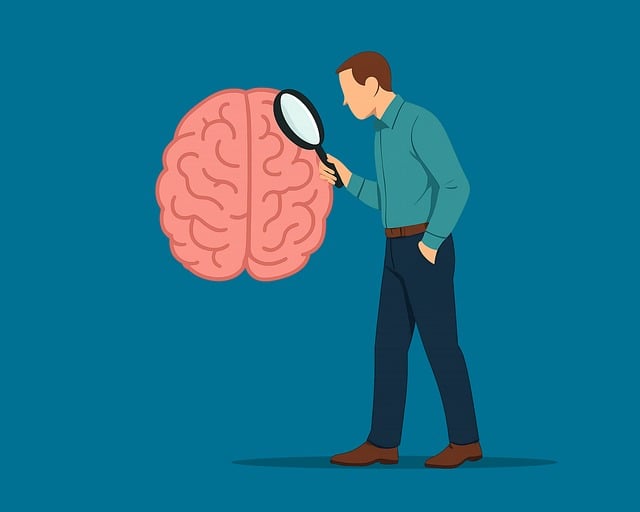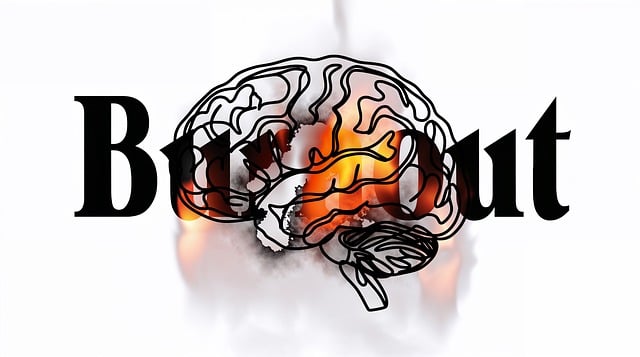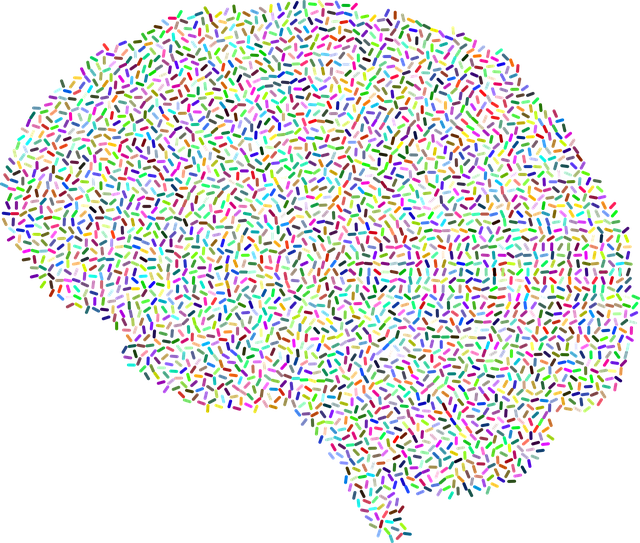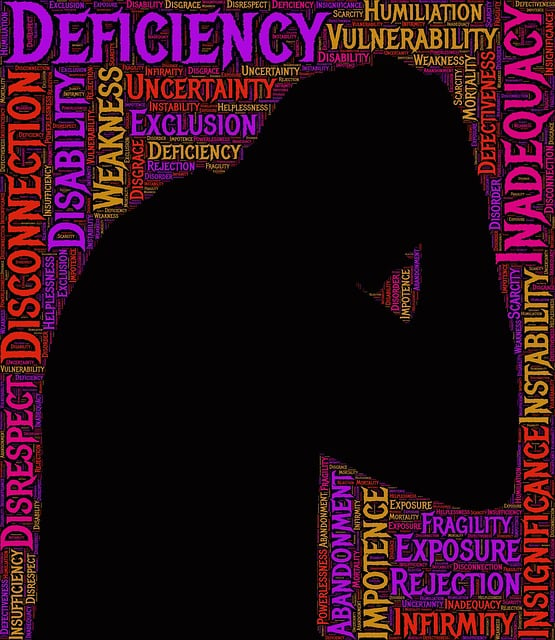Mental wellness programs tailored for adults with Attention Deficit Disorder (ADD) or Attention Deficit Hyperactivity Disorder (ADHD) are transforming lives by addressing root issues beyond symptom management. These programs combine interventions like Social Skills Training and engaging formats, such as Mental Wellness Podcast Series, to enhance mental resilience, promote positive thinking, build social skills, and improve overall happiness. Evaluating their effectiveness involves standardized assessments, stress management techniques, mental health policy analysis, and cultural competency training. Quantitative methods measure improvements through structured data collection, while qualitative approaches capture participants' nuanced experiences. Active participant feedback is integrated for continuous improvement, ensuring programs cater to unique ADD-ADHD needs and promote emotional well-being.
Mental wellness programs are gaining recognition, especially for adults struggling with Attention Deficit Hyperactivity Disorder (ADD/ADHD). Evaluating these programs is crucial for understanding their impact and efficacy. This article explores various evaluation methods, from quantitative data analysis to qualitative participant feedback. We delve into the specific assessment of ADHD therapy, highlighting the importance of both structured metrics and in-depth insights. By combining these approaches, mental health professionals can effectively gauge program success and continuously improve support for adults with ADD/ADHD.
- Understanding Mental Wellness Programs and Their Evaluation
- Assessing the Efficacy of Therapy for Adults with ADD/ADHD
- Quantitative Methods in Program Evaluation
- Qualitative Approaches: Uncovering Insights from Participants
- Integrating Feedback for Continuous Improvement
Understanding Mental Wellness Programs and Their Evaluation

Mental wellness programs play a crucial role in enhancing the overall well-being and quality of life for individuals, especially those dealing with conditions like Attention Deficit Disorder (ADD) or Attention Deficit Hyperactivity Disorder (ADHD). These programs offer a comprehensive approach to therapy, focusing not just on managing symptoms but also on fostering positive thinking, building social skills, and promoting healthy coping mechanisms. The primary goal is to empower individuals to lead fulfilling lives by improving their mental resilience and overall happiness.
Evaluation methods are essential for understanding the effectiveness of these wellness programs. Through rigorous assessments, researchers and therapists can measure progress, identify areas of improvement, and tailor interventions accordingly. This iterative process involves various techniques, from self-reported surveys to observational studies, ensuring that each participant receives personalized support. Incorporating methods like Social Skills Training and producing engaging Mental Wellness Podcast Series can further enhance these programs’ reach and impact, making therapy more accessible and appealing to adults seeking comprehensive mental wellness solutions.
Assessing the Efficacy of Therapy for Adults with ADD/ADHD

Evaluating the efficacy of therapy for adults with ADD/ADHD involves a multifaceted approach that goes beyond simple self-reporting. Standardized assessments, such as the Continuous Performance Test (CPT), can objectively measure attention and impulsivity levels, providing quantifiable data to track progress over time. These tools help healthcare providers understand the individual’s response to treatment, allowing for adjustments in therapy strategies as needed.
Moreover, integrating Stress Management techniques within the therapeutic framework is crucial. Mental Health Policy Analysis and Advocacy play a significant role in ensuring that evidence-based practices are accessible to adults with ADD/ADHD. Cultural Competency Training for healthcare providers ensures inclusive care tailored to diverse patient needs, fostering a supportive environment that promotes positive outcomes.
Quantitative Methods in Program Evaluation

Quantitative methods play a crucial role in evaluating mental wellness programs, offering structured and data-driven insights into program effectiveness. These approaches involve the collection and analysis of numerical data to measure outcomes related to therapy for adults with ADD-ADHD. Researchers can employ surveys, questionnaires, and standardized assessments to gauge improvements in symptoms, such as those associated with attention deficit hyperactivity disorder (ADHD) and anxiety relief. By comparing pre- and post-program scores, evaluators can quantify changes in specific areas, including social skills training and stress reduction methods.
Quantitative data provides tangible evidence of a program’s success or areas that need improvement. Statistical analysis techniques enable researchers to identify significant correlations and trends, allowing for informed decisions about the allocation of resources and the refinement of therapy approaches. This empirical approach ensures that mental wellness programs are based on solid evidence, ultimately enhancing their ability to cater to the unique needs of participants and foster positive outcomes.
Qualitative Approaches: Uncovering Insights from Participants

Qualitative approaches play a pivotal role in evaluating mental wellness programs, especially when focusing on therapy for adults with ADD-ADHD. By engaging participants in in-depth conversations and encouraging them to share their experiences, researchers can uncover valuable insights that quantitative measures might miss. This method allows individuals to express the nuances of their journey, including the impact of self-care practices and emotional intelligence development within the program.
Through open-ended interviews or focus groups, participants can describe their personal growth, challenges faced, and strategies employed during therapy. This qualitative data provides a rich tapestry of information, highlighting themes such as improved time management skills, enhanced focus, and better coping mechanisms. By delving into these details, evaluators can assess the program’s effectiveness in fostering mental health education among adults with ADD-ADHD, ultimately guiding future improvements in program design.
Integrating Feedback for Continuous Improvement

Effective mental wellness program evaluation involves actively integrating feedback from participants to drive continuous improvement. This process begins with collecting diverse perspectives through surveys, focus groups, and individual check-ins. By gathering information on what’s working well and areas for enhancement, programs can tailor their approach to better meet the unique needs of those seeking therapy for adults ADD-ADHD or other mental health concerns.
Integrating this feedback into program design fosters a culture of continuous learning. Healthcare provider cultural competency training, self-awareness exercises, and Emotional Well-being Promotion Techniques can all benefit from these insights. Regularly reviewing and acting upon participant feedback ensures that the program remains relevant, accessible, and impactful in promoting mental wellness and overall emotional well-being.
Evaluating mental wellness programs, particularly those designed for adults with ADD/ADHD, is a multifaceted process. By combining both quantitative methods, such as surveys and statistical analysis, and qualitative approaches like participant interviews and focus groups, we gain a comprehensive understanding of program efficacy. Integrating this feedback enables continuous improvement, ensuring that therapy for adults with ADD/ADHD remains tailored to their unique needs. This holistic evaluation approach not only enhances the quality of care but also fosters better outcomes and overall mental wellness.














